So, as a 50-ish, nearly 60-ish Gay man, I am, as a result of a 50th birthday present from my own parents, a member of the Association for the Advancement of Retired People, AARP. I get their magazine, and I use their discounts whenever I can, and I was actually pleased to find out that I could include my younger partner as part of my membership.
But then it occured to me…I wondered what their position was on Gay marriage? So I wrote and asked.
This was the reply:
Dear Bo Young:
Thank you for contacting the AARP national office. We appreciate
being able to respond to your concern. You asked whether AARP
supports gay marriage, or a gay or lesbian lifestyle in our policies
and publications, or perhaps whether we have any special affiliate
groups for gay or lesbian people.
AARP's all-volunteer Board supports particular public policies based
on the wide impact they would have on the entire population of older
Americans and their families. Since resources are limited and the
issues are numerous, the Board focuses AARP support on issues of
broad effect on older Americans. Therefore, AARP has no position on
gay marriage.
AARP has always been a leader in fighting discrimination against all
older people, in the courts, in Congress, in state legislatures and
in other venues. It is important to remember that AARP's strength is
in its inclusiveness. Our nearly 40 million members represent every
walk of life and a diverse population over 50 years of age in all 50
states, the District of Columbia, Puerto Rico, and the Virgin
Islands. AARP emphasizes the dignity and worth of every individual.
People featured in our publications always have been chosen for
interest and for the timeliness or uniqueness of their endeavors and
contributions. Our editorial policies contain the same principle of
inclusiveness as do our public policies.
I hope this gives you the information you need to answer your
concerns. If you are interested in the specific policies AARP
supports, you may review "The Policy Book", a complete record of the
current AARP public policies published biennially. Policies are
comprehensively reviewed every other year and more frequently as
needed. The National Policy Council conducts a deliberative and
inclusive study of the issues from numerous sources and forwards them
to the Board of Directors. The Board then adopts them, or not, after
careful consideration.
You can review the Policy Book on the internet from your home
computer or your public library. Go to www.aarp.org/issues, and then
on the left, click on AARP Public Policies and under that, The Policy
Book. This is a convenient way to review a very large collection of
policies published every two years. The complete web address is:
www.aarp.org/issues/policies/policy_book/.
Again, thank you for getting in touch with us. Please do not
hesitate to contact us if there is anything we can discuss with you
in the future.
Sincerely,
June
Member Communications
Member@aarp.org
Toll-free 1-888-OUR-AARP (1-888-687-2277)
Toll-free 1-877-434-7598 TTY

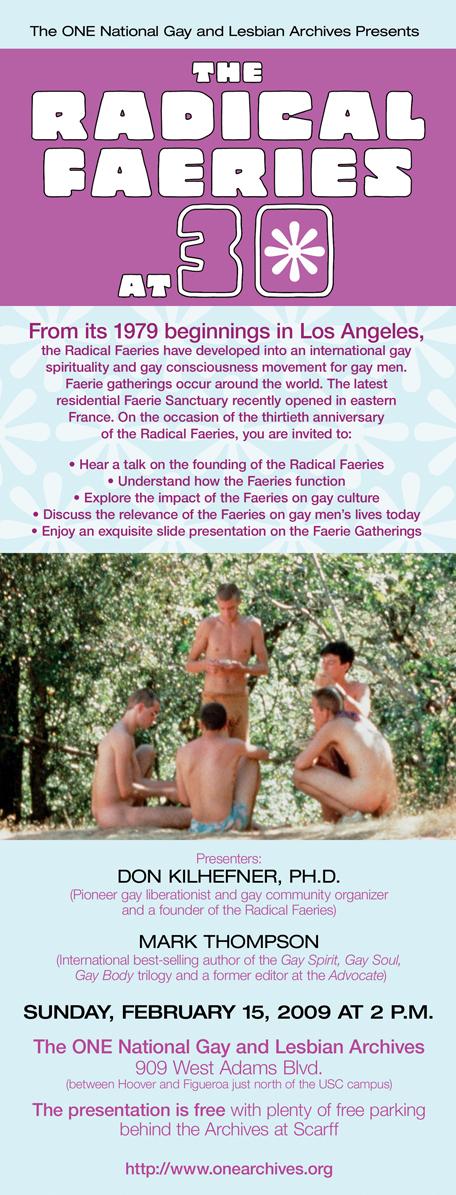
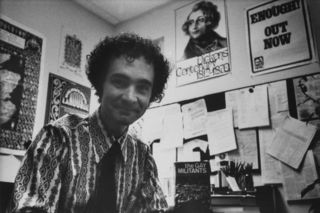
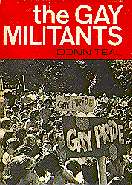
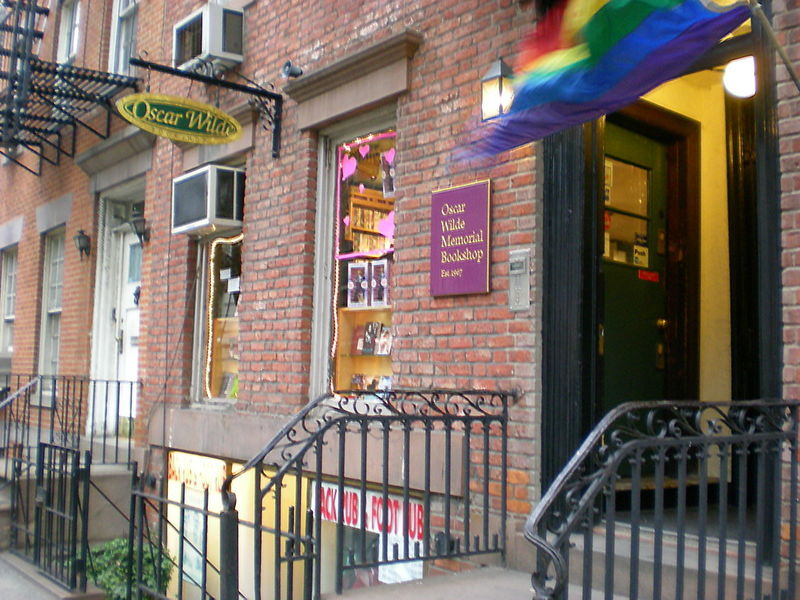
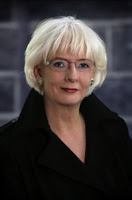


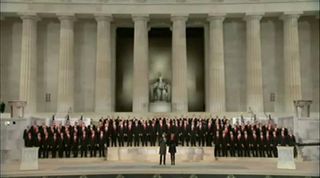

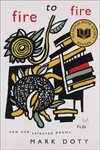
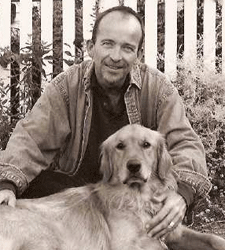
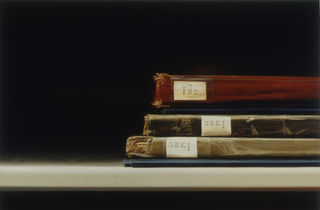
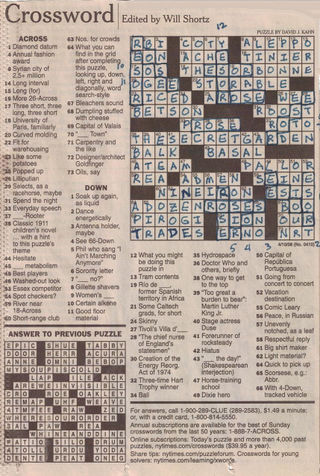
![78cover[1] 1](/wp-content/uploads/2008/12/6a00d8345161a069e20105368e903e970b-120wi.jpg)
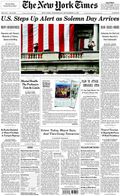
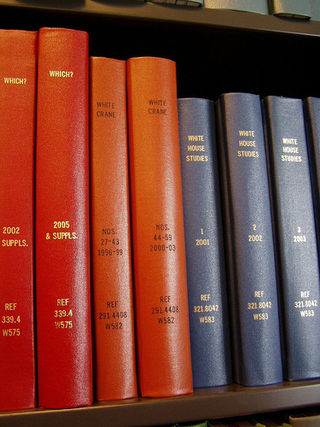
![Boyd-prophet-cover[1]](/wp-content/uploads/2008/12/6a00d8345161a069e20105367876b0970c-320wi.jpg)